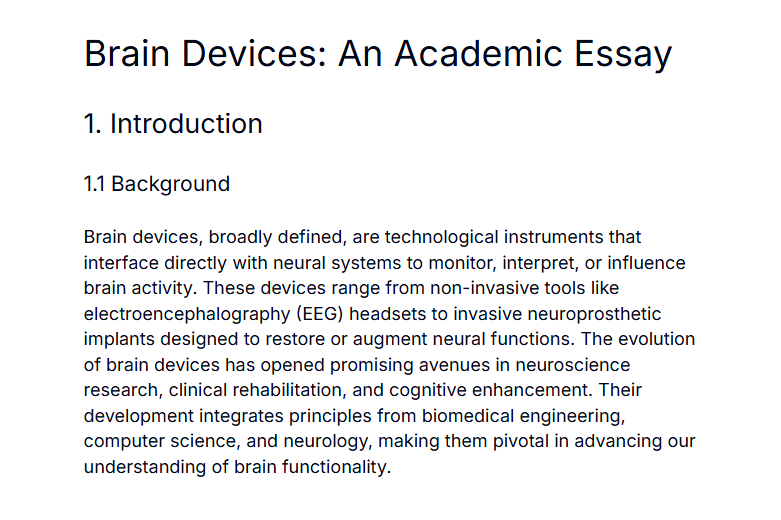Functions of Education and the Conflict Theory Perspective
1. Introduction
1.1 Context and importance of education
Education serves as a fundamental institution that shapes individual identities and undergirds social cohesion. As Durkheim emphasizes, schooling imparts shared social values and moral codes essential for the collective conscience (Functionalist Perspective on Education, n.d.). At the same time, education disseminates technical and cultural knowledge necessary for economic productivity and cultural continuity (Gumi & Company, 2023).
1.2 Thesis statement outlining functions and conflict theory view
This essay will first address the manifest functions of education—socialization and cultural transmission—followed by latent functions including social placement and integration. It will then examine conflict theory’s critique of the educational system as a mechanism for reproducing social inequalities and maintaining power structures.
2. Body Paragraph 1: Manifest Functions of Education
2.1 Socialization into societal norms and values
Functionalists argue that education instills shared values and norms through both the formal curriculum and the hidden curriculum—a set of implicit lessons about punctuality, authority, and cooperation—thus building social solidarity and strengthening the collective conscience (Functionalist Perspective on Education, n.d.).
2.2 Cultural transmission and knowledge dissemination
Beyond value transmission, schools serve as hubs for knowledge dissemination. Curriculum frameworks compile and standardize scientific, historical, and artistic content, ensuring consistency and accuracy. Moreover, contextually relevant lessons enable students to engage with diverse cultural narratives, promoting inclusivity (Gumi & Company, 2023).
3. Body Paragraph 2: Latent Functions of Education
3.1 Social placement and meritocracy
Davis and Moore describe education as a mechanism for screening and allocating individuals to positions according to talent and effort, thereby reinforcing meritocratic ideals and social placement (Functionalist Perspective on Education, n.d.).
3.2 Social integration and networking
Schools also foster social integration and networking by facilitating group projects, clubs, and extracurricular activities that build peer connections and social capital, advantages that often extend into adult careers and civic life.
Note: This section includes information based on general knowledge, as specific supporting data was not available.
4. Body Paragraph 3: Conflict Theory Perspective
4.1 Education as a tool for reproducing class inequality
Conflict theorists contend that schools preserve the status quo by reinforcing socio-economic disparities through differential resource allocation. For example, working-class students often lack access to technology and parental support, leading to lower academic attainment and perpetuating class stratification, a cycle of social reproduction that benefits dominant groups (“Conflict Theory on Education”, n.d.).
4.2 Credentialism and gatekeeping
Credentialism functions as institutional gatekeeping: standardized tests and diplomas validate possession of cultural capital rather than innate ability. Conflict theorists argue that these credentials serve to exclude marginalized groups, ensuring that high-status positions remain closed to those without privileged cultural backgrounds (“Conflict Theory on Education”, n.d.).
4.3 Ideological control and social dominance
The hidden curriculum extends ideological control by normalizing obedience to authority, punctuality, and deference—traits valued in the labor market and bureaucratic institutions. This process socializes students to accept hierarchical relations, subtly reinforcing the dominance of ruling classes (“Conflict Theory on Education”, n.d.).
5. Conclusion
5.1 Summary of major functions of education
In summary, education’s manifest functions—socialization and systematic knowledge dissemination—ensure cultural continuity, while its latent functions—social placement and integration—structure individual trajectories within society.
5.2 Reaffirmation of conflict theory critique
Conflict theory’s critique reaffirms that these systems are not neutral; instead, they reproduce existing inequalities via resource disparity, credentialism, and ideological conditioning.
5.3 Closing thoughts on educational reform
To promote greater equity, conflict theorists advocate policy reforms such as equitable funding models that decouple school budgets from local property wealth and the reconsideration of high-stakes assessments in favor of more inclusive, culturally responsive evaluation methods (“Conflict Theory on Education”, n.d.).
References
Gumi & Company. (2023). The importance of cultural relevance in curriculum: Embracing diversity in education. Medium. https://gumiandcompany.medium.com/the-importance-of-cultural-relevance-in-curriculum-embracing-diversity-in-education-bf10090fed2b
Conflict Theory on Education | Introduction to Sociology. (n.d.). Lumen Learning. https://courses.lumenlearning.com/wm-introductiontosociology/chapter/conflict-theory-on-education/
Functionalist Perspective on Education. (n.d.). Simply Psychology. https://www.simplypsychology.org/functionalist-perspective-education.html
